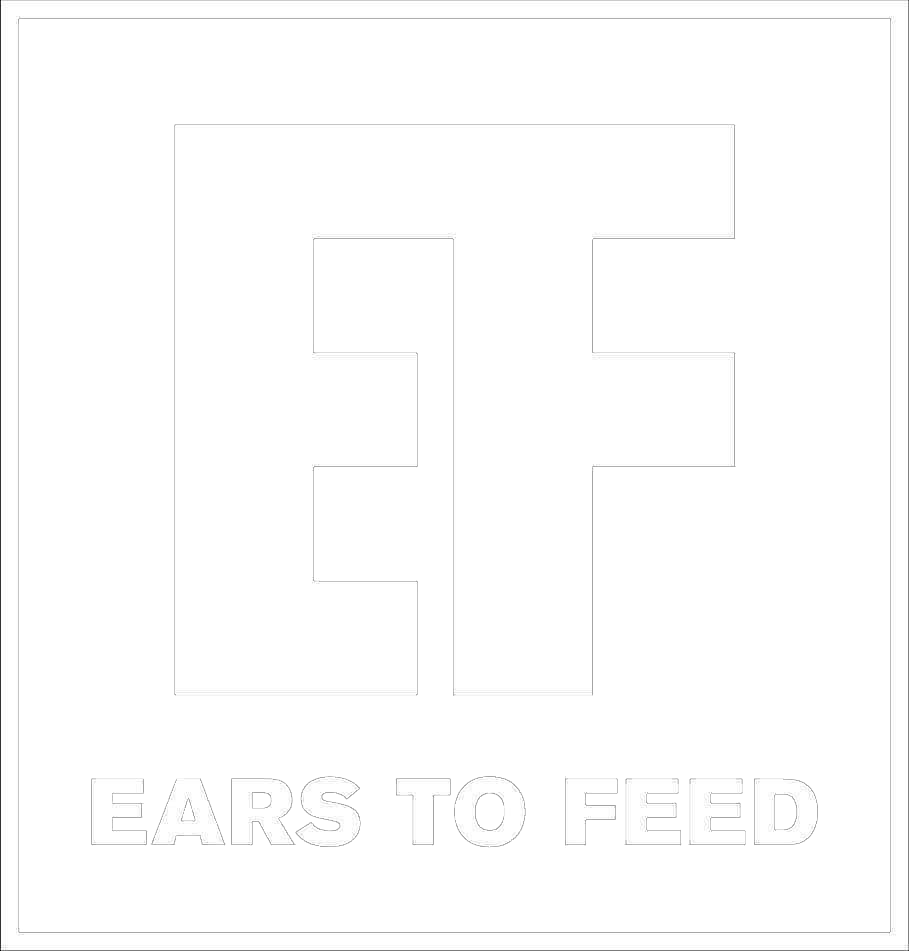I’m at the Parkside entrance of Prospect Park. I’m out of breath. I’m covered in sweat from an afternoon run that was more punishing than recreational. There are tears in my eyes and I feel the sudden urge to console someone. Oh, and by the way … I just listened to the new Julien Baker album.
On her newest album Little Oblivions, Baker continues her deeper immersion into a full sonic pallet with the majority of the 12 tracks incorporating drums, keys, layered guitar tracks, behind her instantly recognizable bruised yet resilient voice. It has been nearly three years since her last release.
Since releasing her second album Turn Out The Lights in 2017 and an EP as one head in the Ghidorah of indie rock Boygenius with Phoebe Bridgers and Lucy Dacus in 2018, Baker’s profile has raised considerably. But with so many spinning plates in the air, things began to (ahem) spin out of control once she took time away.
In recent interviews around the release of this album, she spoke candidly about breaks in her sobriety and heading back to college to gain some grounding after being spun around in the dry cycle that is the indie rock hype-o-sphere. In fact, given the building blocks behind this album, you could say that the wrung-out laundry aspect to Baker’s lyrics on Little Oblivions is akin to raw-nerved records like Weezer’s Pinkerton or, perhaps even closer, Pedro The Lion’s Control. Two other records that will sneak up on you if your body is distracted with physical activity, let’s say, on a quick four-mile loop around the park.
As mentioned before, Baker is truly not masking the fact that she feels ashamed about the slip-ups in her personal life. In many ways, you could call this album “imposter syndrome in audio form” as each song pummels you with such notions as everything she gets she deserves (“Bloodshot”) or that she will only drag down those who try to help her (“Ringside”). Even though she is laid bare and paints herself underneath Rite Aid fluorescent lights, Baker is a sympathetic narrator. You root for her redemption, even though she may think she’s already swam out past the breakers. Given that we are coming out of a year of lost connections, this kind of self-reflection and self-flagellation is relatable and by the album’s final stretch you can help but mutter to yourself in a choked-up whisper “take it easy on yourself, Julien.”
That moment may come for you with “Song in E” — the solo piano workout that comes closest to Baker’s stripped down debut Sprained Ankle. In the song she sings “I wish that I drank because of you and not only because of me / Then I could blame something painful enough not to make me look any more weak.” By that time, I looked down at my phone with a shocked double take. But with all of this commendable frankness, there is one glaring issue with the album: none of the songs take hold or leave a lasting impression.
The album is in desperate need of some hook-doctoring, as Baker favors delivering haymaker punchlines rather than worthwhile choruses. The sonic textures on the album don’t do the tracks any justice either, as the album does it’s best interpretations of sad-sack indie rock a-la Death Cab For Cutie or the National at their most direct through the lens of Dashboard Confessional. It’s muddy atmosphere and shifts make the album seem like more of a statement rather than a collection of sappy montage tracks from hospital scenes in primetime NBC dramas.
Listening to Little Oblivions is like having one of those one-sided conversations with an inconsolable friend that leaves you emotionally exhausted, but you can’t remember if any of the advice that you gave ever solved the problem. It’s more frustrating than cathartic. So, why am I in a puddle after having such a complicated listening experience? I guess it’s because I understand. We’re all a mess right now.
Essential Tracks: “Hardline” and “Song in E”
Prerequisites: Julien Baker’s Sprained Ankle and Pedro’s the Lion Control.
